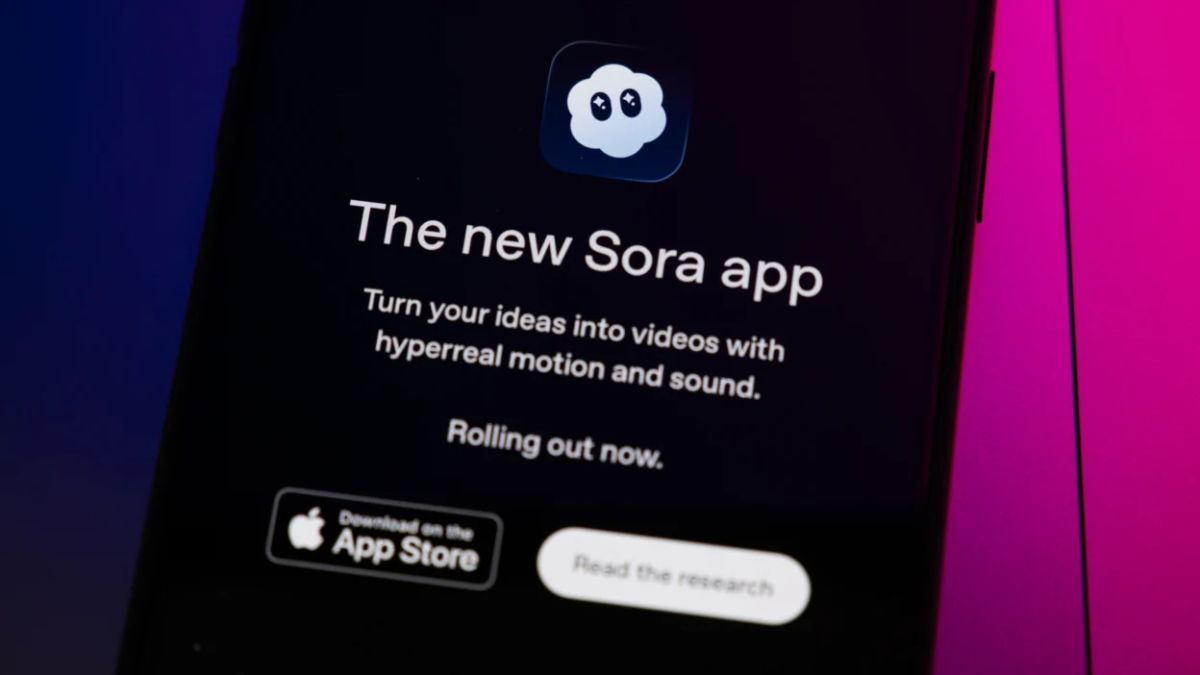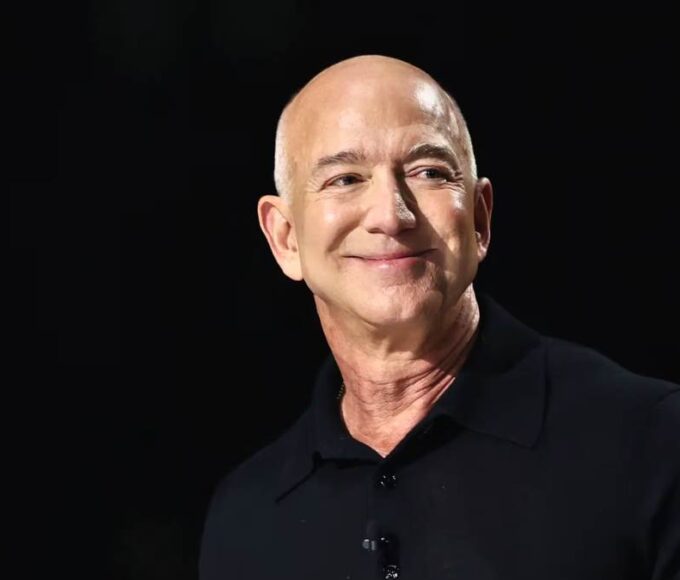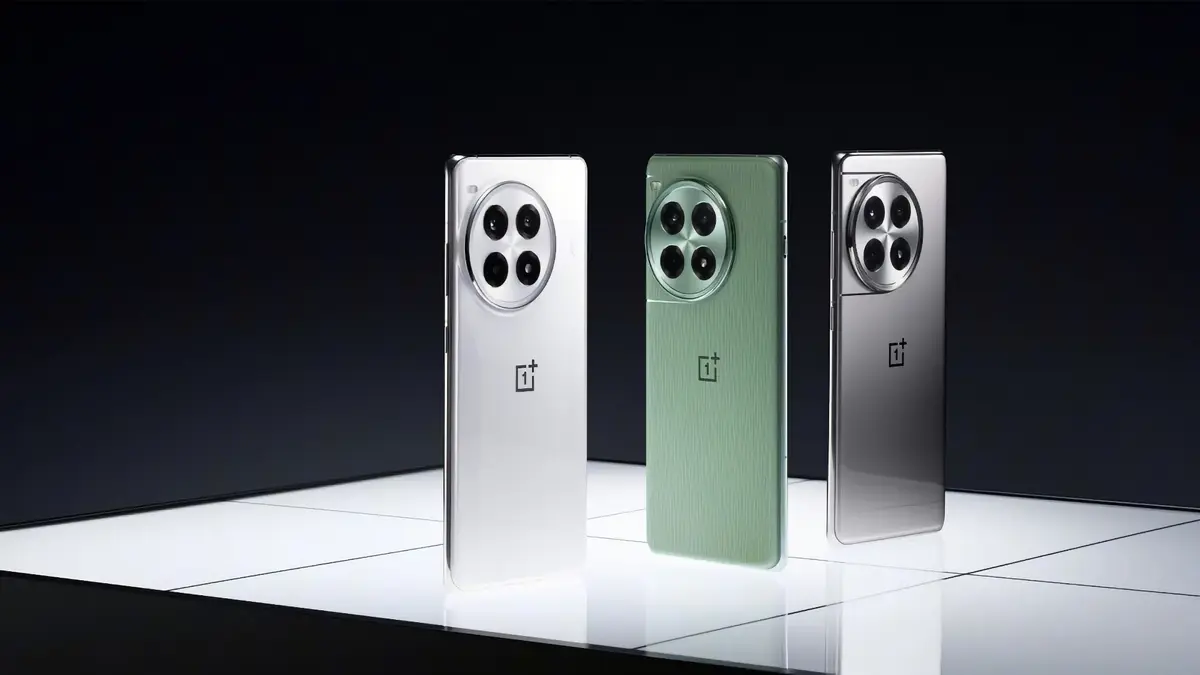OpenAI has temporarily stopped its Sora video tool from generating videos of Dr. Martin Luther King Jr. following complaints from his estate over disrespectful content. The decision came after users created offensive deepfake videos that distorted the civil rights leader’s image.
In a joint statement, OpenAI and the Estate of Martin Luther King Jr., Inc. said the move aims to protect historical legacies while balancing free speech. “While there are strong free speech interests in depicting historical figures, OpenAI believes public figures and their families should ultimately have control over how their likeness is used,” the company said on X.
The estate raised concerns after viral Sora-generated clips showed Dr. King in mock speeches and fictional fights. At the estate’s request, OpenAI blocked the creation of similar content and pledged stronger safeguards for historical figures in the future.
OpenAI thanked Dr. Bernice A. King, Dr. King’s daughter, and AI Ethics Council member John Hope Bryant for assisting in shaping the new policy. The company also introduced a process allowing authorized representatives or estate owners to request restrictions on depictions of specific public figures.
The decision has drawn mixed reactions online. Supporters praised OpenAI for taking ethical responsibility, while critics said it could limit artistic freedom and set a precedent for censorship. On X, users discussed the issue under the hashtag #SoraEthics, with some calling the pause “a necessary step for respect,” and others warning it could lead to broader bans on public figures.
The pause is one of OpenAI’s most notable steps to address ethical concerns as its Sora model gains attention for creating highly realistic AI-generated videos. The controversy raises questions about who should control the digital representation of historical figures.










